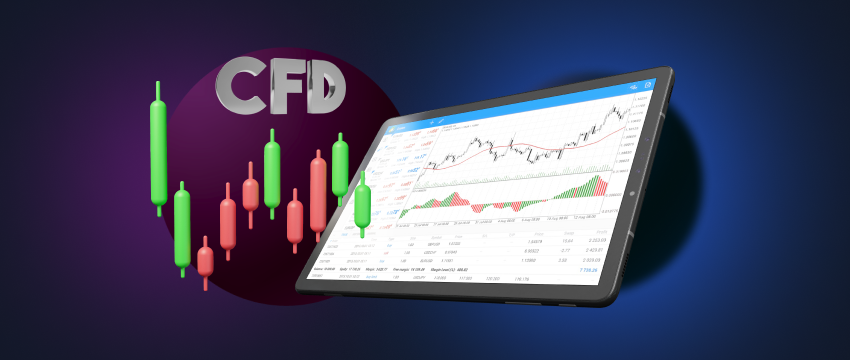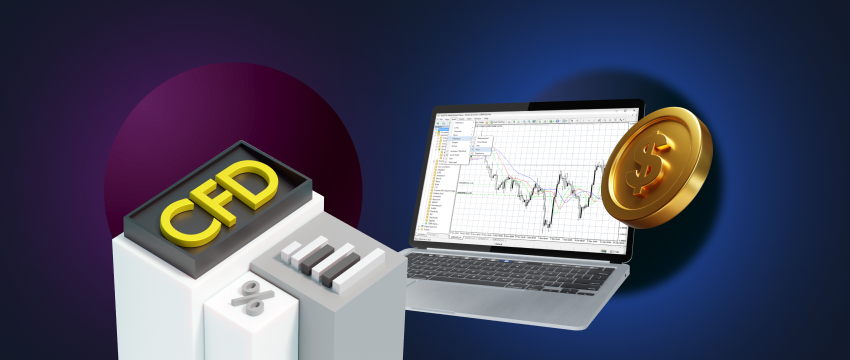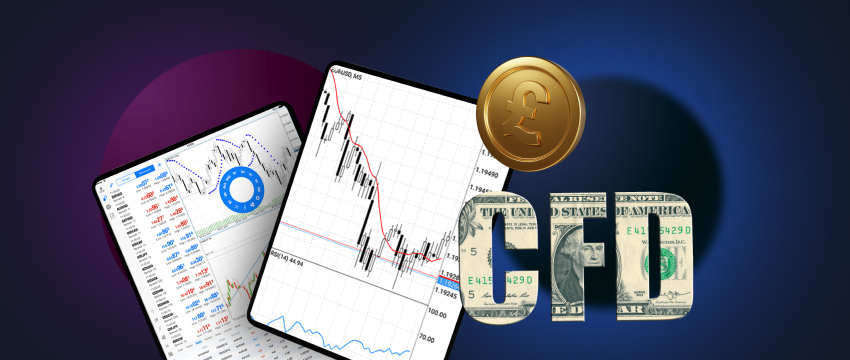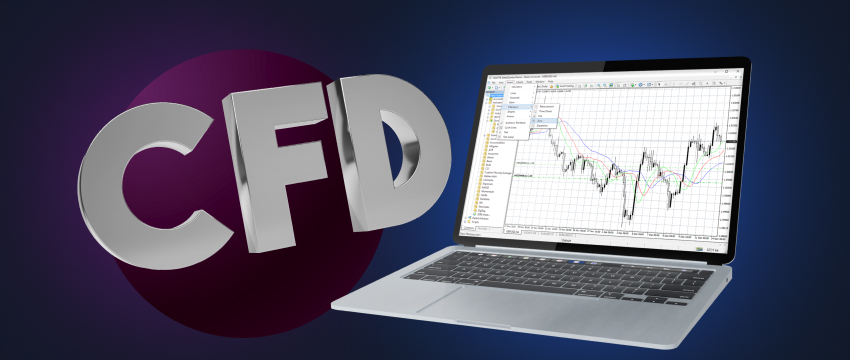Before jumping into the value of one lot in CFD trading, let’s first discuss what lots are.
What is a lot?
Lots are essentially standardized units of measurement, and represent the size or volume of a specific trade. In the context of CFD trading, CFDs are usually traded in lots, with each contract representing a particular unit size of the underlying asset.
Lot sizes are grouped into different categories:
- A standard lot is the most common type of lot size and represents a standardized quantity of the underlying asset. The size of the lot varies based on the financial instrument being traded. In the case of currency pairs, for instance, one standard lot is usually 100k units of the base currency.
- 1/10th of a standard lot is typically referred to as a mini lot. In the context of forex, this would represent 10k currency units.
- A micro lot is one-hundredth (1/100) of a standard lot, i.e., 1k units of base currency in forex.
- A nano lot is 1/10th of a micro lot, in other words, equal to 100 units of base currency.

Why does the size of a lot matter?
The size of the lot is important for traders as it directly impacts the exposure and risk associated with a particular position. The larger the lot size for example, the greater the potential for profit, or even loss, depending on market conditions or a given price movement.
What do traders need to consider before choosing lot size?
In the process of determining the appropriate lot size, traders must consider the following factors:
- Risk tolerance. A trader must consider the level of risk they’re willing to incur before choosing a lot size. CFD trading is highly volatile and the risk of losing capital is high. This makes selecting a lot size that aligns with one’s risk tolerance that much more essential.
- Account size. The size of one’s account will determine the lot size a trader can utilize.
- Trading strategy. A trading strategy is crucial in managing risk and optimizing one’s potential for increasing return on investment. The rules of one’s trading strategy will thus guide the determination of an appropriate lot and consequently position size.
- Market volatility. In a volatile market, the risk associated to a trade may be adjusted. As a result, the lot size may also be adapted accordingly. For example, with higher volatility, a trader may consider reducing their lot size to manage risk more effectively.
- Leverage. CFD trading is highly leveraged, amplifying both profit and losses. This makes the need for using it responsibly even more crucial.
Why do traders opt for CFD trading?
There are many reasons traders choose to trade in CFDs. Let’s explore some of the more popular reasons:
1. Portfolio diversification
Yes, CFD trading is an effective way to diversify a trading portfolio. This is because a trader can enter into a variety of CFDs based on their preferred underlying asset. This ranges from commodities, metals and stocks, to currency pairs, indices or futures.
Having the ability to pick and choose between different assets means a trader is able to engage with multiple financial markets, as well as enter into a mix of trades. In this way, is portfolio diversification facilitated. Further, by investing capital in different CFD positions, the risk of major loss is spread. This is because if only one position moves in an adverse direction, loss is associated to that one position only.
2. Access to global financial markets
As we’ve already discussed, CFD trading gives traders access to financial markets worldwide. This means traders have the ability to open CFD positions on a wide scope of asset classes across in different trading sessions.
It is however important to note that major economic events and announcements have the ability to impact markets, regardless of trading session. But, if a trader ensures that they are monitoring the markets consistently, and make use of an Economic Calendar to track global releases, they will be able to react to news more quickly, and execute trades considerably faster, increasing the potential for maximum gains.
3. Speculative trading
Through CFD trading, a trader is able to speculate on both rising and falling markets. Based on their assessment of those markets, using technical or fundamental analysis, a trader will then decide to either go long or short. To go long means the trader will buy an asset with the expectation that its value will rise over time. In contrast, to go short means the trader seeks to sell an asset in anticipation that its value will fall.

Becoming a skilled CFD trader
CFD trading comes with its own set of challenges that must be navigated in order to achieve some semblance of success. Mitigating those challenges requires boosting one’s CFD trading skills and capabilities. One of the most vital ways of doing this is through ongoing learning. An abundance of educational resources exist all across the internet, many of which are free to access and use. In fact, many leading brokers like T4Trade offer traders a wealth of educational tools to increase their knowledge and boost their expertise.
More specifically, the T4Trade Academy offers traders:
- A mix of webinars and seminars delivered by top-tier T4Trade researchers and educators who share many tips, insights, and trading fundamentals.
- Informative e-books and blogs that cover a range of popular trading related topics, catering to all level of traders, from beginners to experts.
- A variety of podcasts, videos-on-demand, and even Live TV delivering daily commentary on fundamental trading concepts, strategies, ideas and insights.
- An innovative, real-time Economic Calendar for traders to monitor essential releases and reports, around which CFD traders can plan their trades.
- A demo trading account that offers traders a simulated trading environment to practice executing trades and gaging outcomes, using virtual funds. This demo account also gives exposes a trader to a range of essential tools and functionalities that they can use to become more skilled in trading, and increase their potential for making a profit. This includes advanced analysis tools, automated trading, charts and indicators, and others. Over time, and with enough practice and confidence, a trader can move over to live trading.

Why register with T4Trade to kick off your CFD trading journey?
T4Trade is a popular forex broker used by traders located across the globe. Both novice and more experienced traders choose T4Trade because of its top-tier service delivery and a choice of account types tailored to the needs of different traders. T4Trade traders can also enjoy flexible leverage, quick trade execution, fast deposits and withdrawals, and highly competitive spreads.
Furthermore, the broker’s multilingual client support team is available 24/5 to assist traders with a wide range of queries, and to provide expert support when required with all their queries. The team can be reached via popular communication channels like live chat and email.
Finally, as already mentioned herein, T4Trade’s Academy is a great learning resource to refine your skills and stay constantly informed. It’s only by keeping ahead of new trends, trading concepts and strategies, news and releases, and technological advancements, that one can potentially see positive gains.
Disclaimer: This material is for general informational and educational purposes only and should not be considered investment advice or an investment recommendation. T4Trade is not responsible for any data provided by third parties referenced or hyperlinked in this communication.




